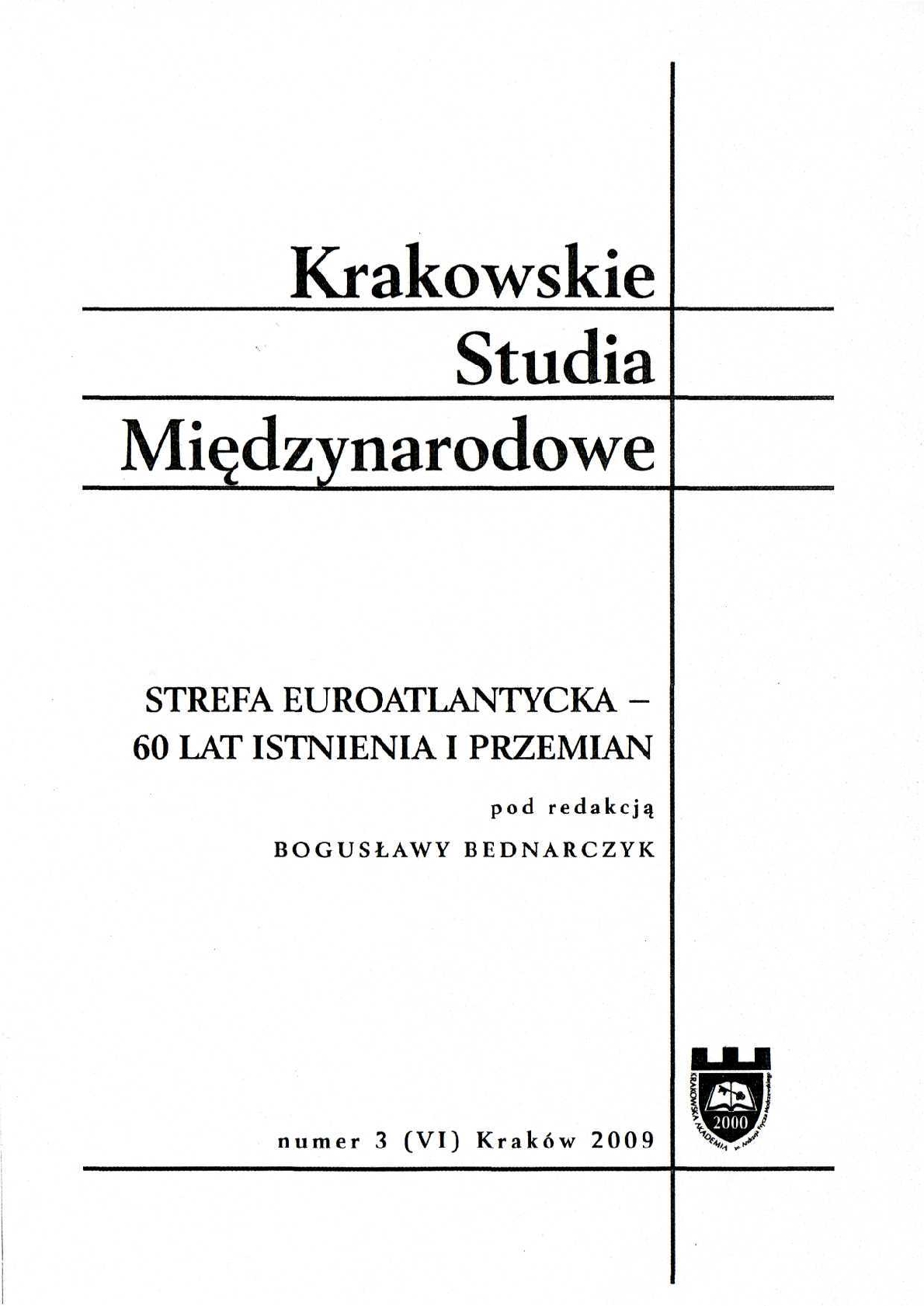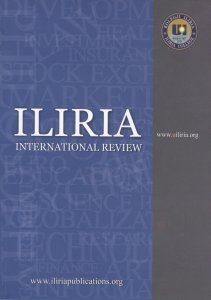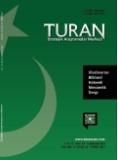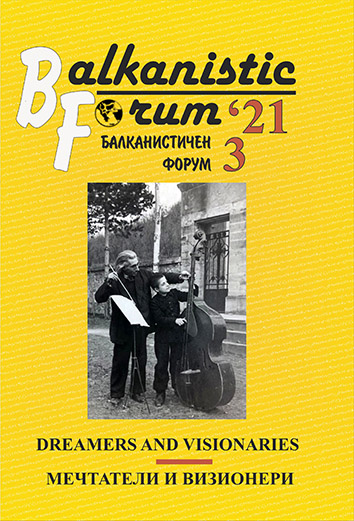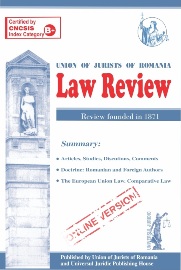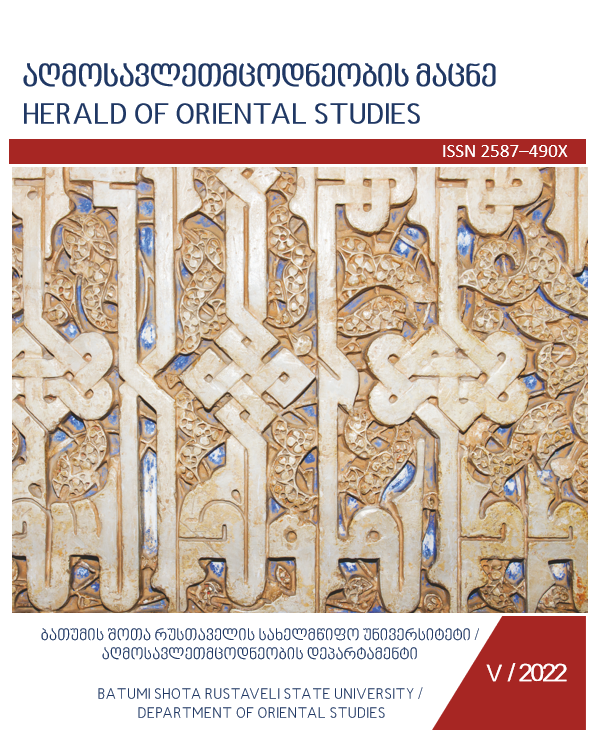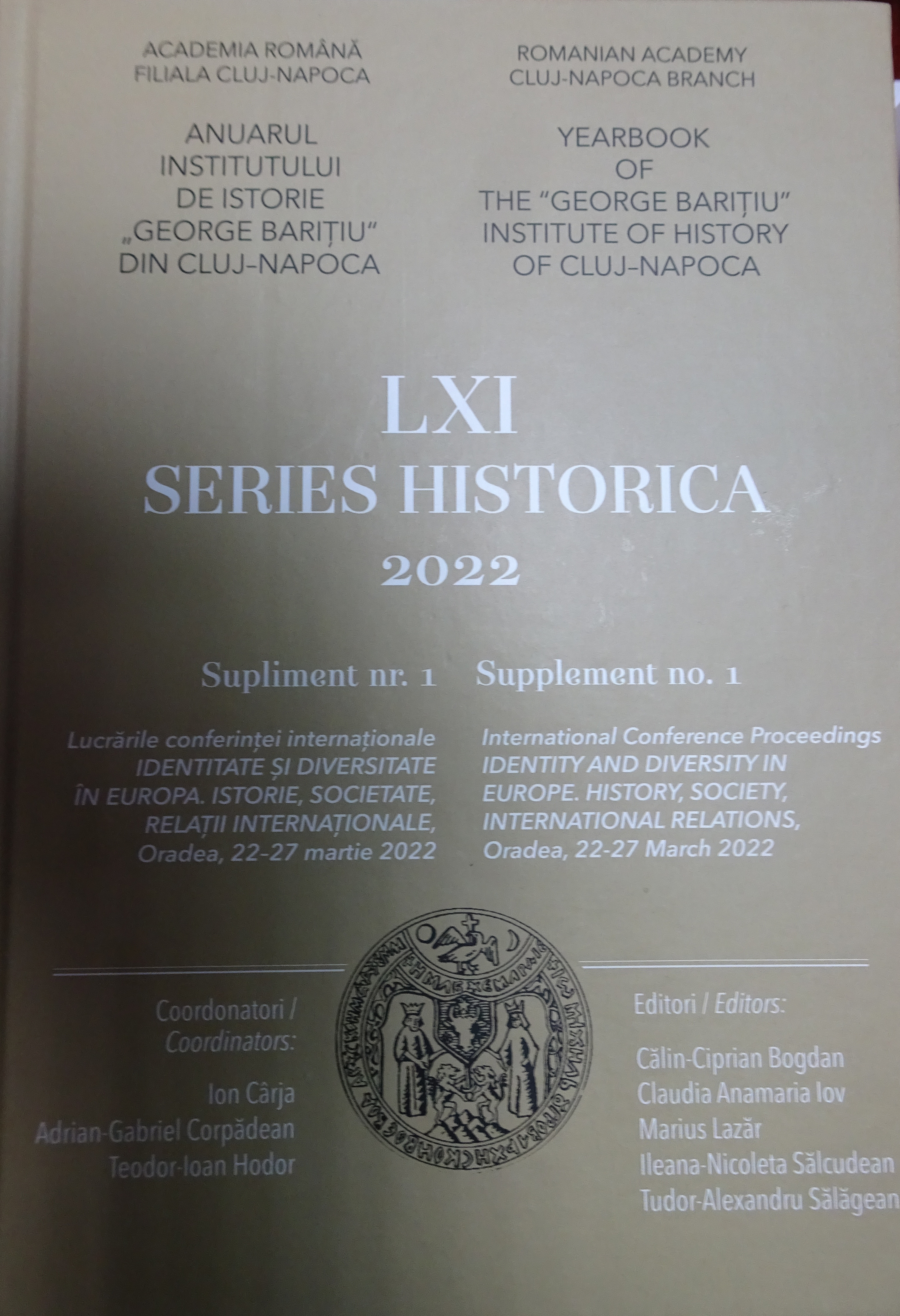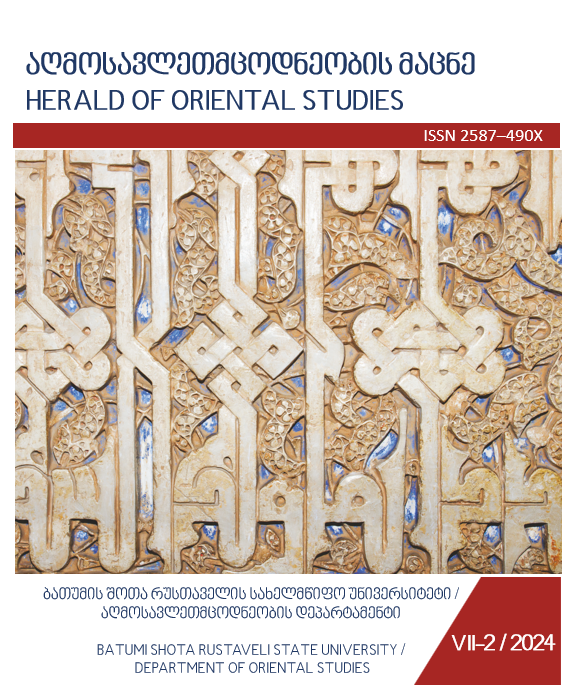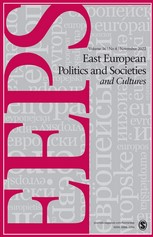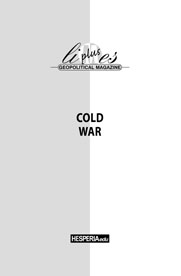
Wspólnota euroatlantycka i jej perspektywy w nowym systemie międzynarodowym, część I
This article refers to the Euro-Atlantic system today, i.e., twenty-five years after the fall of communism and the end of the Cold War, and shows its prospects in a new, global governance that is still in statu nascendi, meaning that we still do not know its final shape and when it will be formed. This transition period is not conducive to building a new international system that would provide peace and security in the world. On the contrary, it generates a variety of local, regional and global conflicts, and carries a serious threat to international peace and security.According to the author, the economic and financial crisis of 2007–2013 and the current conflict between Russia and Ukraine, as well as the Arab revolutions and their consequences, or other earlier conflicts, show that the Euro-Atlantic system is weakening and becoming less and less effective at preventing and solving problems that pose a threat to the emerging new global order.The author highlights that the wars in Iraq and Afghanistan, in particular, have contributed to the erosion of the Euro-Atlantic system. There has been a significant loosening of political, economic, military, and institutional ties between allies and partners. The states that are part of the Euro-Atlantic system have a lower sense of common interests and are less willing to bear the costs associated with its functioning. In addition, the US global position has been questioned and, in the institutional dimension, the position and role of the main pillars of the Euro-Atlantic system, i.e., NATO and the European Union, have been undermined. They have showed that there is an urgent need today to develop new joint strategies, and new mechanisms and principles of cooperation, relevant to the changes occurring in the world and in US relations with their European allies. The future of the Euro-Atlantic community, and thus of global peace, depends on a new arrangement of relations between Europe and the United States.
More...

